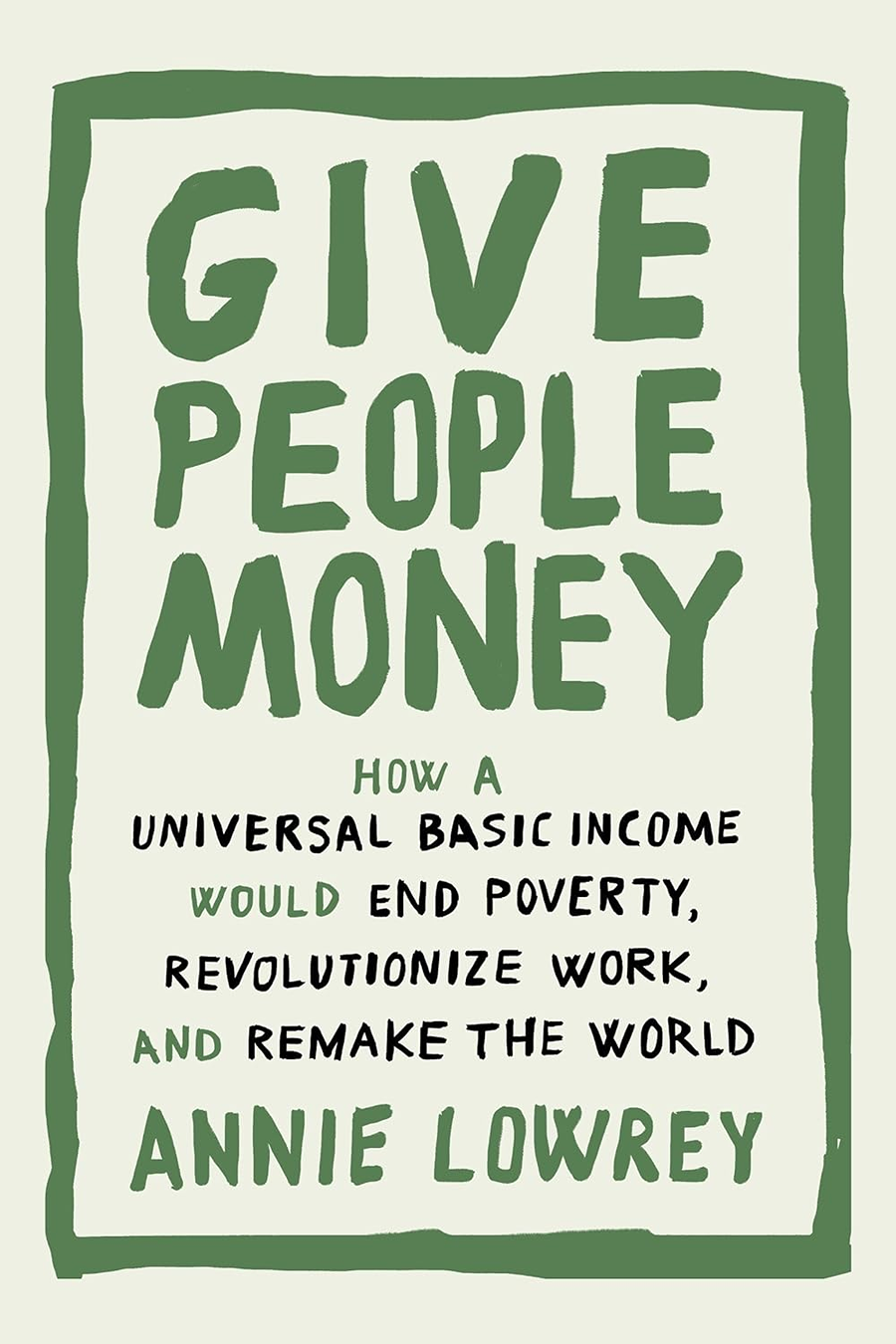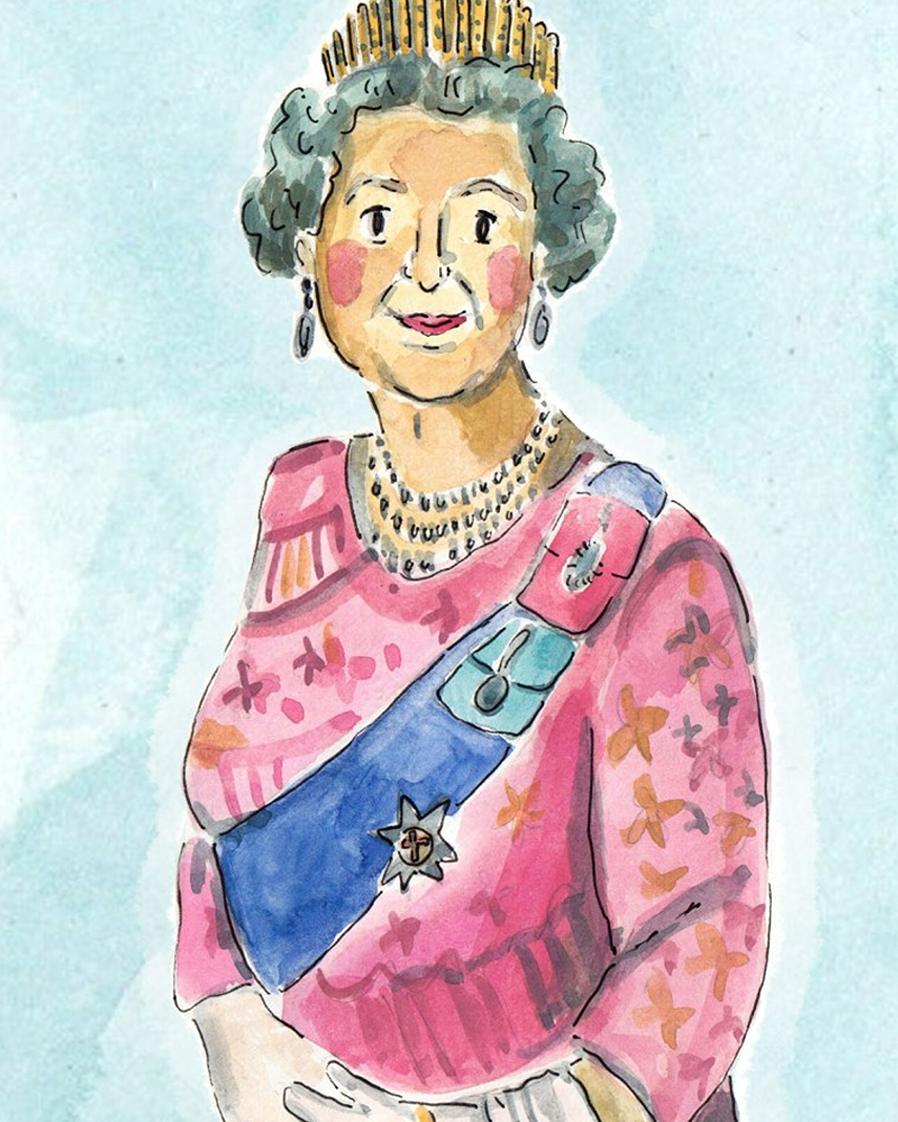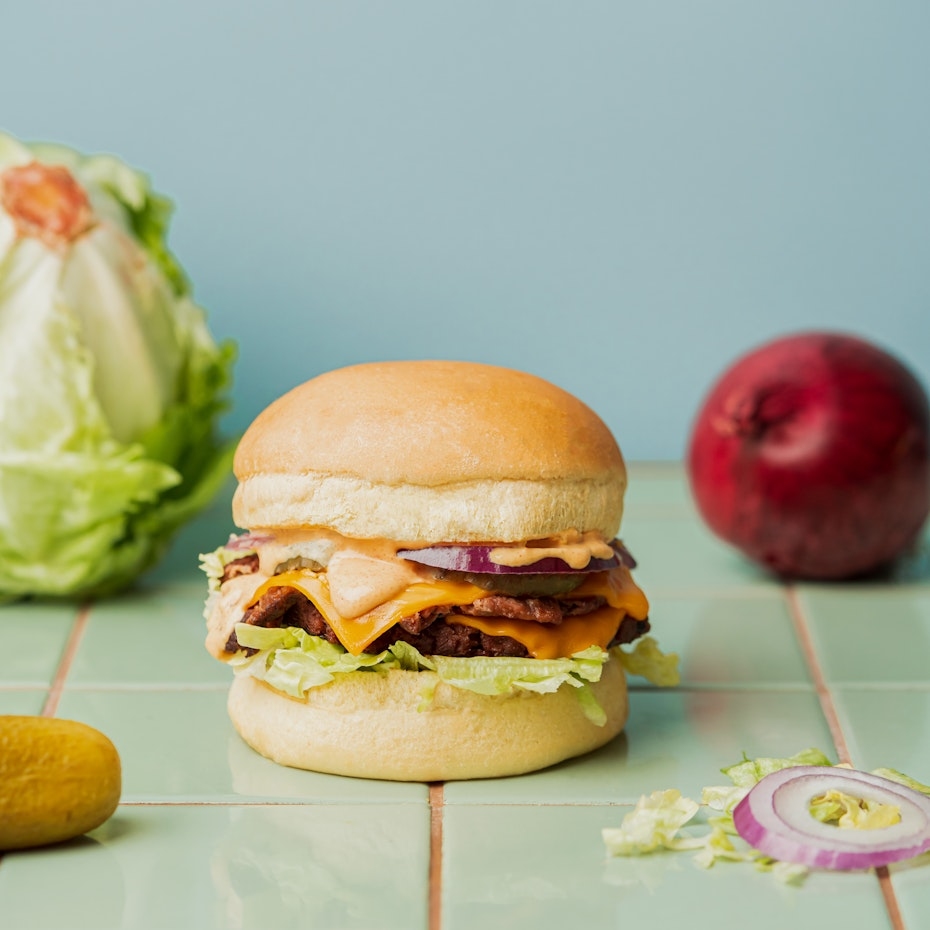How to Start (or save) A Local Community Shop

Community shops are owned and run by local people, usually with a paid manager and volunteers who help out a few hours each week or month, and receive affordable food (they get to choose what to stock) in return.
Before shopping, read up on food safety for people and pets. For plants/flowers, read about pet-friendly gardens. Never face indoor foliage to gardens, to help stop birds flying into windows.
Plunkett (help for community shops/Pubs)
If you fancy starting (or saving) a community shop, Plunkett is an organisation run by experts, who can help (they also can help to start or save a community-owned pub). Benefit from free advice, business plans, and help with creating budgets and raising funds through crowdfunding.
Even if you don’t include a Post Office, community shops are good drop-off places for local people to collect parcels. Make your shop and pub dog-friendly if possible, with fresh water bowls, outdoor space and perhaps some organic biscuits, for four-legged visitors!
Also register at Great British Toilet Map, to let people know they can use your loos. Many older people don’t go out, if they can’t find a free place to spend a penny.
The Galleries Community Shop (near Bath)
Galleries Community Shop is a gold-standard community shop located just outside the city of Bath (on the Somerset/Wiltshire border).
Housed in a solar-powered eco building (that sells excess energy back to the grid to generate more income), it sells locally-produced food and plants, sourdough loaves from an independent bakery, locally-prepared ready-meals, plus locally-brewed and roasted beer and coffee.
This shop was fortunate in having land donated by local people, and also has an outdoor café that is popular with locals, and also walkers to refill their water bottles and dog bowls with tap water. The shop also has cloth bags and you can ‘borrow a brolly’ in a downpour, and return it next time you’re passing.
With over 200 daily customers, volunteers help to serve customers, stock the shelves and help with deliveries. The shop is dog-friendly and wheelchair-friendly. There is also a community defibrillator and a large outdoor deck for countryside views.
The shop’s Reverse Credit Scheme is a bit like a modern version of ‘put it on the tab’. Customers set up an account and pay at the end of the month, meaning not only do they not have to carry cash or cards to shop, but can send older children to pick up goods as well, without worrying about cash (bank notes are made from plastic and animal fat).
The post office allows people to pay bills, receive pension payments and exchange foreign money. It also receives parcels and prescriptions for local people if they are out.
Run as a charity, profits are then re-invested into the shop, for the benefit of the community. The village is also one of the few nationwide to also have community-owned pub alongside. The Hop Pole Inn even runs comedy nights, to enjoy with a glass of bubbly, or pint of beer.
Member of the Move to Minus 15°C Campaign
Move to Minus 15°C was launched at the last Paris Climate Agreement Meeting, to help reduce global warming (despite changes in technology, the rules for frozen food temperatures have not changed in 100 years).
This is a worldwide campaign to change the temperature at which frozen food is stored (from minus 18c to minus 15c) to save 27% on energy bills, while retaining a 5-star food hygiene rating.






